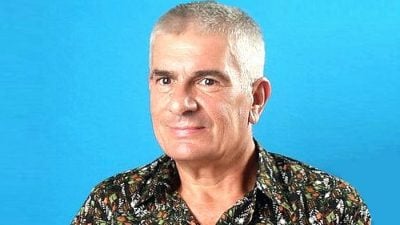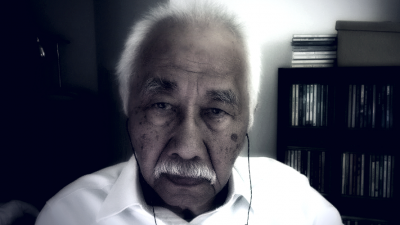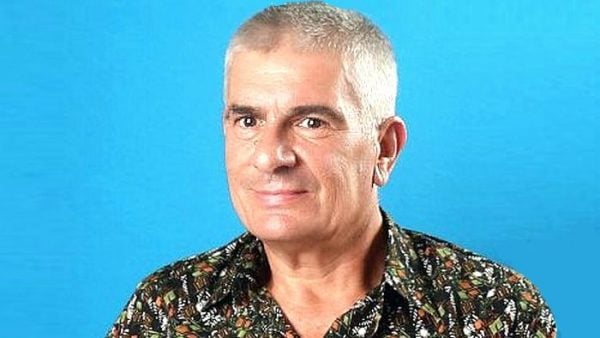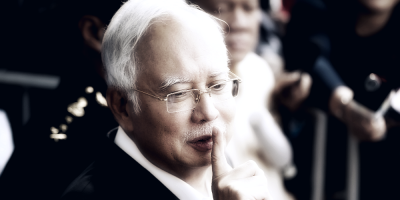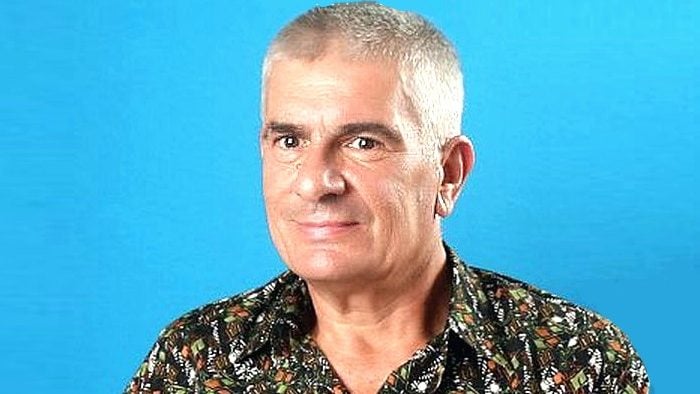
Most will remember the dramatic assassination of North Korean leader Kim Jong-Un’s half-brother Kim Jong-Nam at Kuala Lumpur International Airport back in 2017.
The assassination was just like something out of a James Bond or Mission Impossible script.
It’s very rare Malaysians are made aware of clandestine intelligence operations going on in the country.
Malaysia, just as in the rest of Asean, are targets of foreign soft power and intelligence operations.
These activities are undertaken by agents of various countries, focused upon collecting intelligence, seeking political influence, assisting their nationals’ commercial activities, and disseminating information and propaganda.
These activities center around the nation’s corridors of power, defense establishment, commercial arena, academic circles, and the public at large.
The objectives of undertaking intelligence and utilizing various forms of soft power include:
◾Influencing Malaysia’s defense and foreign policies;
◾Undertaking political, economic and commercial information gathering;
◾Gaining commercial advantages and furthering commercial interests;
◾Influencing Malaysian citizens both culturally and religiously; and
◾Observing their own diaspora.
Clandestine operations, as was seen with the assassination of Kim Jong-Nam, do occur but the public rarely become aware.
Just as the Malaysian External Intelligence Organization (MEIO) has more than 1,000 operatives overseas, foreign agencies have their own operatives where many are housed at foreign embassy complexes.
In addition, there are sponsored or paid operatives who operate freelance within Malaysia, usually on an ad hoc basis.
Some of these foreign agents are clearly identifiable, and are here on an official basis, while others can be fairly easily spotted and identified.
The rest of this article looks at some of the major examples of influences and operations within Malaysia.
The United States
The International Republican Institute (IRI) President Daniel Twining claimed the US played a role in the victory over Umno in 2018, a political party that held power for 61 years.
The United States has long been involved in attempting to influence politics and society within Malaysia.
The US has a large intelligence capability housed within its embassy in Jalan Ampang.
There are also a number of unofficial satellite offices around the country.
The US embassy in Bangkok has been recently accused of meddling in the affairs of Thai politics through its support for Move Forward Party which won the popular vote in the May general election.
From Twining’s admission, it can be assumed that similar operations occur in Malaysia.
Most US funding in Malaysia comes through USAID and the National Endowment for Democracy (NED) and its affiliates.
The US long considered Malaysia a strategic partner in the fight against communist expansion during the Cold War.
However, over the last decade, Malaysia has sought to improve bilateral relations with Beijing, abandoning its Cold War stance. This has concerned the US State Department in its pivot to Asia.
During the lead up to the 2018 general election, the NED directly and indirectly funded a number of pro-democracy, human rights, anti-corruption NGOs and liberal leaning news portals.
In 2022, the NED through INVOKE Taiwan, funded the expansion of Rafizi Ramli’s election analytics firm INVOKE.
This was the primary reason the MACC raided the INVOKE offices in 2022.
In a 2022 NED country report, the organization had directly spend US$1.6 million in operations in Malaysia.
The NED had financed local academics and journalists.
Through affiliates like the Center for International Private Enterprise (CIPE), a number of local think tanks have been financed.
There are numerous relationships between the NED, its affiliates, local organizations and political parties in Malaysia.
One has to just delve a little bit into the sources of funding of these organizations, much of which is on public record.
China
The major objective of China is to influence Malaysian foreign policy towards Chinese interests.
China had a very close relationship with Malaysia during the Najib Razak era, which was stepped back slightly under Mahathir Mohamed.
It’s yet to be seen how close Malaysia will be to China under Anwar Ibrahim.
Nevertheless, China has a massive intelligence presence in Malaysia, probably only second to the United States.
China’s equivalent to the NED is the CCP United Front Work Department (UFWD). However, the UFWD is much more hands on than the NED.
The UFWD is much more involved in grassroots activities, particularly through the Malaysian Chinese community.
China influences local Chinese media through networking with the ownership and journalists, and providing content. Chinese diplomats in Malaysia also write frequent Op-eds.
Confucius Institutes in a number of Malaysian universities teach Chinese language, culture and history. They have been criticized in a number of Western countries for providing a slanted view of China. This is disputed by Chinese scholars.
The UFWD has close ties with MCA, and assists in the funding of a number of cultural and business programs across the country.
The UFWD has cultivated politicians, journalists and academics over the years, facilitating visits to China.
China’s influence in Malaysian politics and society is a very scantly studied area, which needs much more attention.
Saudi Arabia
Saudi Arabia has extensively focused and propagated the spread of its Islamic doctrines in Malaysia over the last 30 years.
This is partly dakwah, and partly an attempt to stem the spread of Muslim Brotherhood’s influence in Malaysia.
There is a proxy war between two Islamic doctrines in Malaysia today.
Saudi Arabia funds Islamic schools, sends teachers, assists in the building of mosques, and provides scholarships to Saudi Arabia for students to study Islam.
More controversially, an organization dubbed as the Alumni, made up of Islamic graduates, primarily from the MENA, are provided with a monthly allowance to spread the word of Islam within their work places in an apolitical manner.
Members of the Alumni exist within the civil service, military, schools, universities and top echelons of government.
Thailand
There is a lot of uncorroborated evidence of Thai security forces running clandestine operations in Malaysia against political opponents and criminal elements.
The latest evidence was a dead body of a Malaysian national, Zahri bin Abdullah floating in the Kolok River running along the Thai-Malaysian border last year.
The Royal Thai Army claimed that Zahri was a member of the BRN youth insurgency wing.
Zahri had been a resident of Rantau Panjang, a town on the Malaysian side of the border, for many years.
News reports indicate Thai security personnel in three cars came across the border, abducting Zahri in the open.
His tortured body was found in the Kolok River.
This incident was reported in the Thai media, but was largely unreported in Malaysia.
World Economic Forum (WEF)
The WEF has an agenda to centralize governments and introduce policies that favor a centralized approach to solving world problems.
Anwar Ibrahim claims to be a close friend of Klaus Schwab, the convenor of the WEF.
A number of politicians are members of the WEF, including Tenkgu Zafrul Tengku Abul Aziz, Hannah Yeoh, Syed Saddiq Syed Abdul Rahman, Mustapa Mohamed, Khairy Jamaluddin, and entrepreneur Vijay Eswaran.
Air Asia, Khazanah, Astro, Axiata and CIMB are corporate members.
Khairy Jamauddin was elected vice president of the WHO World Health Assembly, and was instrumental in pushing for WHO recommendations on public health emergencies to be mandatory for governments to follow.
Malaysia has hosted at least four major WEF events in the region, and WEF economic policies such as Industry 4.0 have been incorporated into Malaysia’s national policy.
Malaysia must remain vigilant to foreign influence and covert activities within the country.
(Murray Hunter has been involved in Asia-Pacific business for the last 40 years as an entrepreneur, consultant, academic and researcher. He was an associate professor at Universiti Malaysia Perlis.)
ADVERTISEMENT
ADVERTISEMENT







